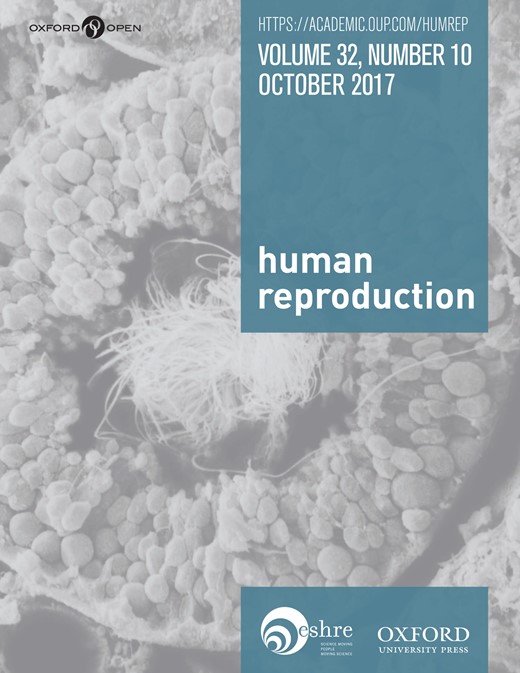-
PDF
- Split View
-
Views
-
Cite
Cite
Richard S. Legro, Reply: “Weight and See” is not an option: birds of a feather, Human Reproduction, Volume 32, Issue 10, October 2017, Page 2149, https://doi.org/10.1093/humrep/dex260
Close - Share Icon Share
Sir,
I welcome the letter of Dr Hoek on my recent invited commentary. We are two birds singing the same song. I fully concur that obesity is a disease and requires recognition and treatment. Treatment includes not only lifestyle modification, but also pharmaceutical and surgical options, depending on the degree of obesity and co-morbidities. We as reproductive medicine experts will have to broaden our knowledge base and scope of practice to take ownership of it, and not assume our primary care colleagues will manage it. We have arguably the most motivated patients in the world, women who desire a healthy baby. While I too was disappointed with the primary outcome of the Dutch LifeStyle study (Mutsaerts et al., 2016), I remain less enamored of post hoc analyzes deriving subgroup benefits that were not detected in the primary outcome. It seems more like a regurgitated hair ball than a satisfying meal. More adaptive and personalized approaches are necessary to achieve meaningful weight loss and avoid high non-compliance and drop out rates that poor responders demonstrate in clinical trials and in practice. I hope, like Dr Hoek, that we as clinicians and researchers will soon flock together, if not swarm, over solving this issue of obesity and subfertility!
Authors' role
R.S.L. conceived and wrote this article.
Funding
This work was supported by the Eunice Kennedy Shriver National Institutes of Child Health and Human Development (NICHD) Grants (R01 HD056510 and U10 HD38992 to R.S.L.).
Conflict of interest
R.S.L. reports consulting fees from Euroscreen, Kindex, Bayer, Fractyl, Abbvie and Millendo Pharmaceuticals and research funding from Ferring.



